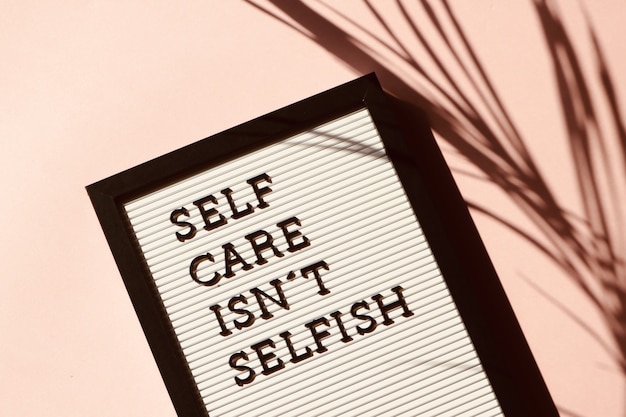
Recovering from addiction is a deeply personal and often complicated process, especially for women who face unique challenges and societal expectations that differ from men. This article takes a closer look at the intricate landscape of addiction recovery for women, underscoring the obstacles, societal pressures, and resilience required to navigate this difficult path.
Women often face harsher judgment when dealing with addiction, particularly because of the roles they may have as mothers, wives, or professionals. This stigma can heighten feelings of shame and guilt, making it harder for them to seek help without fearing judgment or repercussions in their personal and professional lives.
The societal view of women with addiction not only impacts how they are perceived but also affects their willingness to get treatment. Changing this narrative is crucial for creating a more supportive environment that encourages women to seek recovery without stigma.
Physical health is vital in the recovery journey. For women, addiction can significantly impact physical health, often requiring tailored nutritional plans to support healing. Proper nutrition plays a crucial role in alcohol recovery, helping to repair organ damage, increase energy levels, and stabilize moods, all of which are essential for maintaining sobriety. Nutritionists and recovery programs are increasingly focusing on creating diets rich in vitamins, minerals, and antioxidants to support women’s unique health needs during recovery.
Women are also more likely to experience mental health disorders like anxiety and depression alongside addiction. Effective recovery requires treating both addiction and mental health issues simultaneously. Therapeutic approaches such as cognitive-behavioral therapy, mindfulness practices, and trauma-informed care are essential. These methods help women address underlying issues contributing to addiction, providing them with coping mechanisms and a deeper understanding of their emotional and psychological states.
Community support is a lifeline in recovery. Women benefit immensely from networks that offer empathy, understanding, and shared experiences. Support groups designed specifically for women provide a safe space to discuss sensitive topics like domestic abuse, parenting challenges, and societal pressures, which may not be as comfortably addressed in mixed groups. Family and friends also play a crucial role in providing love, encouragement, and practical support during recovery.
Many women in recovery also juggle caregiving responsibilities, adding complexity to their recovery process. Balancing recovery with family duties is challenging, but programs offering family therapy, childcare, or parenting classes can be incredibly helpful. These services enable women to fully engage in their recovery without neglecting their family roles, promoting a holistic approach to healing.
Finding a rehab facility that caters to women’s specific needs is essential. These centers should understand the biological and psychological differences in addiction treatment between genders and provide a supportive environment that respects privacy and promotes healing. When exploring rehab options, consider reputable centers in cities like Boston, Austin, and Denver, or serene locations such as San Diego or Newport Beach, California, which might be more conducive to healing. Having a range of choices allows women to select a facility where they feel most comfortable, improving their recovery outcomes.
Women’s recovery journey from addiction comes with unique challenges that require specialized approaches and understanding. By addressing societal, nutritional, emotional, and familial aspects and ensuring access to supportive and specialized care, we can help women achieve long-term sobriety. Recovery is about more than overcoming addiction; it’s about reclaiming a life full of possibility and fulfillment.